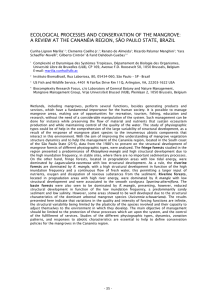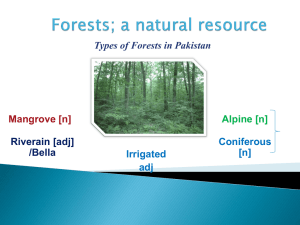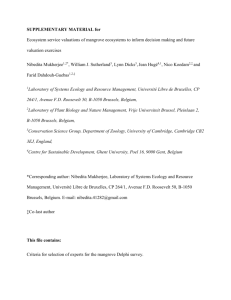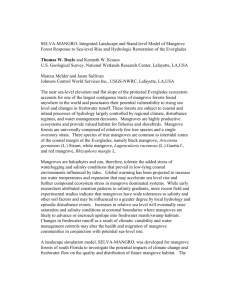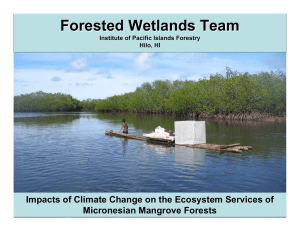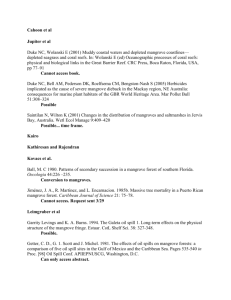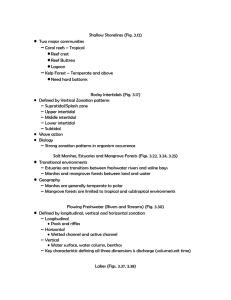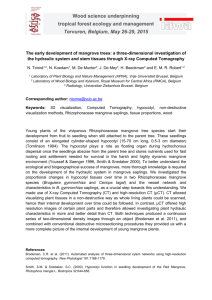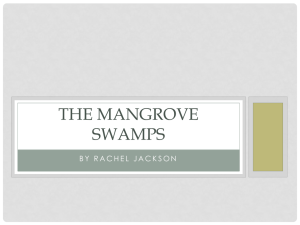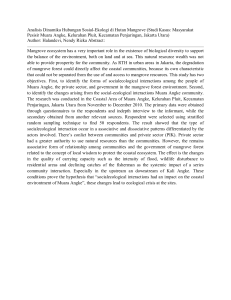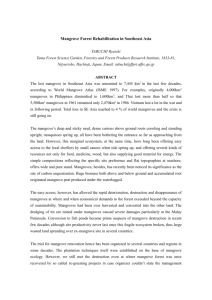Media Release
advertisement
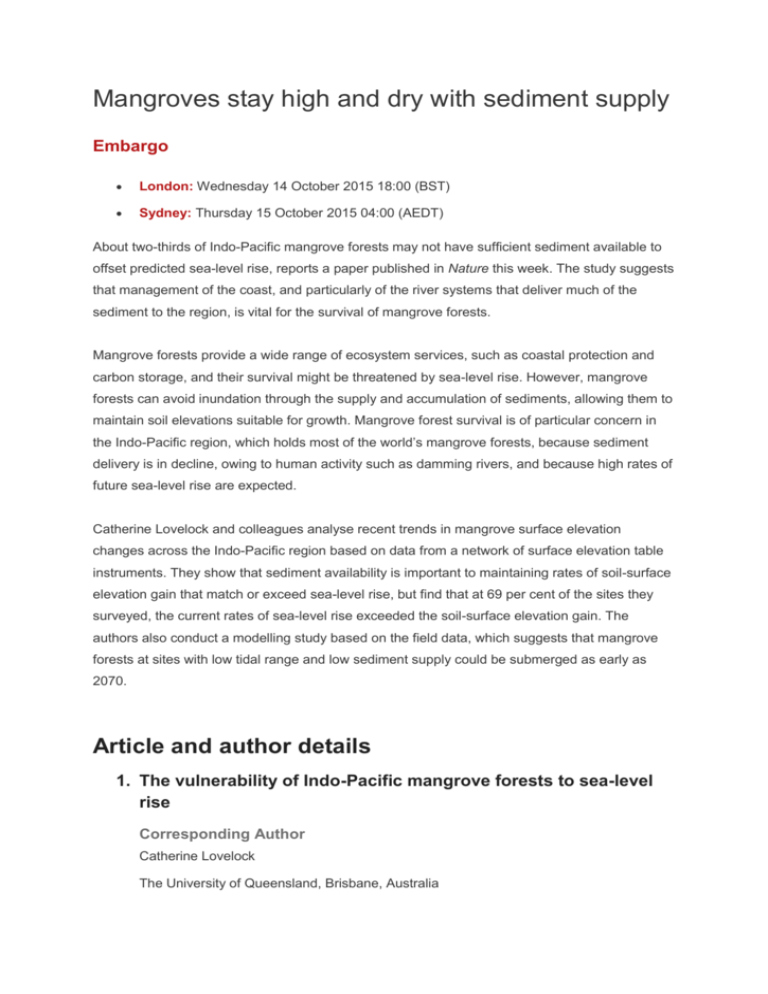
Mangroves stay high and dry with sediment supply Embargo London: Wednesday 14 October 2015 18:00 (BST) Sydney: Thursday 15 October 2015 04:00 (AEDT) About two-thirds of Indo-Pacific mangrove forests may not have sufficient sediment available to offset predicted sea-level rise, reports a paper published in Nature this week. The study suggests that management of the coast, and particularly of the river systems that deliver much of the sediment to the region, is vital for the survival of mangrove forests. Mangrove forests provide a wide range of ecosystem services, such as coastal protection and carbon storage, and their survival might be threatened by sea-level rise. However, mangrove forests can avoid inundation through the supply and accumulation of sediments, allowing them to maintain soil elevations suitable for growth. Mangrove forest survival is of particular concern in the Indo-Pacific region, which holds most of the world’s mangrove forests, because sediment delivery is in decline, owing to human activity such as damming rivers, and because high rates of future sea-level rise are expected. Catherine Lovelock and colleagues analyse recent trends in mangrove surface elevation changes across the Indo-Pacific region based on data from a network of surface elevation table instruments. They show that sediment availability is important to maintaining rates of soil-surface elevation gain that match or exceed sea-level rise, but find that at 69 per cent of the sites they surveyed, the current rates of sea-level rise exceeded the soil-surface elevation gain. The authors also conduct a modelling study based on the field data, which suggests that mangrove forests at sites with low tidal range and low sediment supply could be submerged as early as 2070. Article and author details 1. The vulnerability of Indo-Pacific mangrove forests to sea-level rise Corresponding Author Catherine Lovelock The University of Queensland, Brisbane, Australia Email: c.lovelock@uq.edu.au, Tel: +61 7 3365 2304 DOI 10.1038/nature15538 Online paper* http://nature.com/articles/doi:10.1038/nature15538 * Please link to the article in online versions of your report (the URL will go live after the embargo ends). Geographical listings of authors Australia, Indonesia, New Zealand, Singapore, United Kingdom, United States & Vietnam
